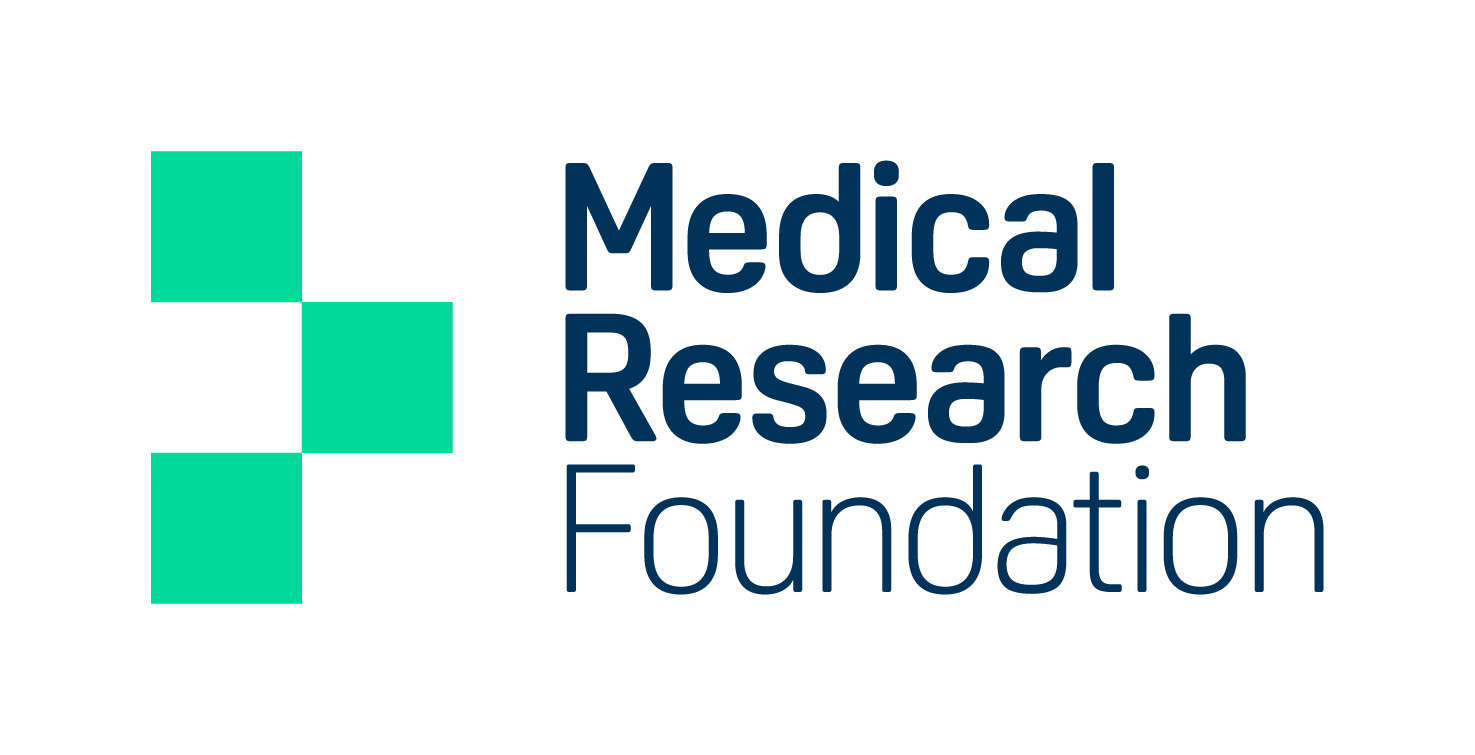Our Strategy to 2029: Medical Research Foundation


Scroll Down
╲╱
Giving hope through life-changing medical research
Our vision and mission

Our vision is a world where medical research improves health for everyone.

Our mission is to lay the foundations for ground-breaking new discoveries and life-changing advances.
We give hope to people whose health conditions are overlooked, by supporting research in areas that are underfunded.
We invest in the brightest and best researchers, ensuring the next generation of scientists can continue to solve the biggest challenges facing human health.
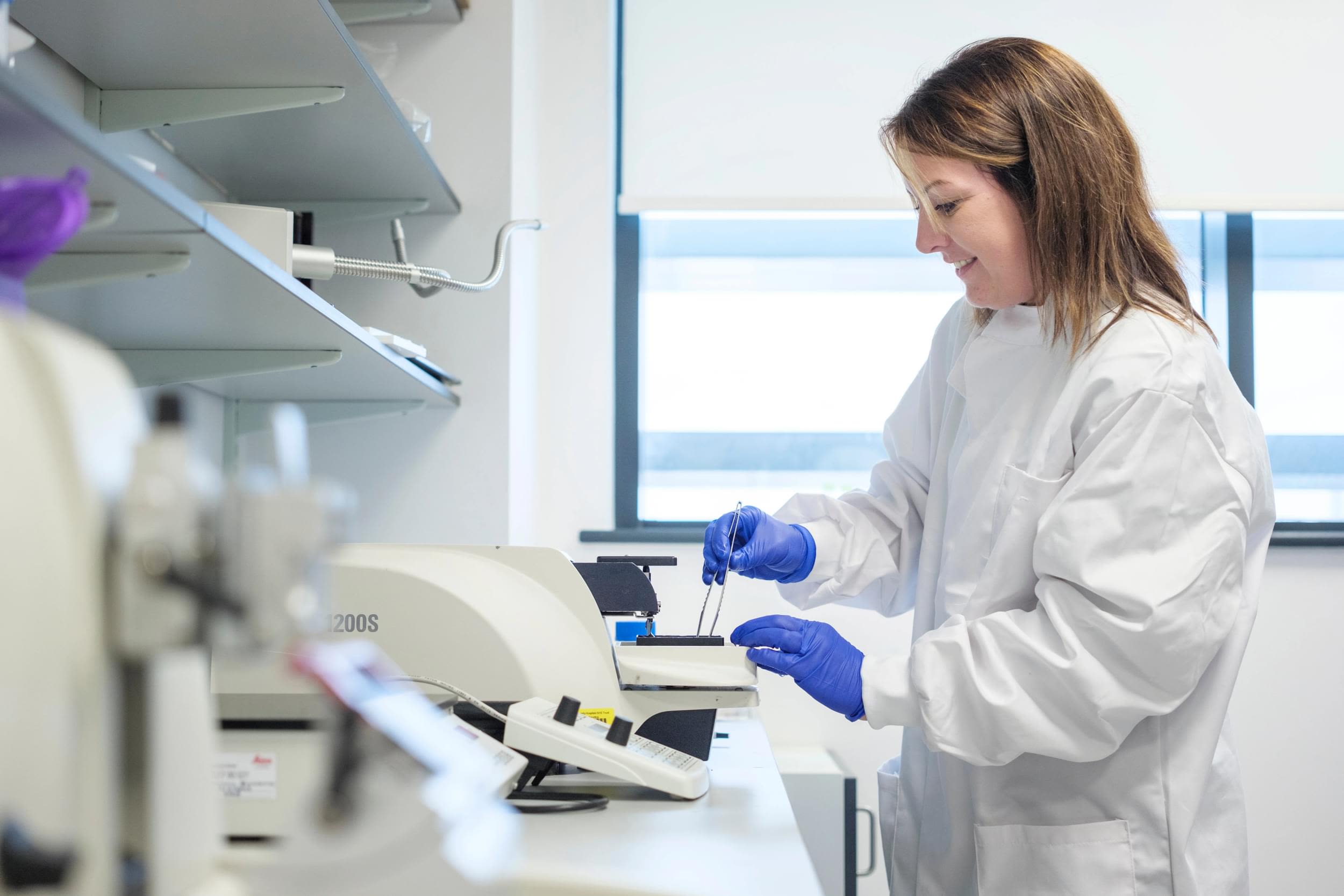



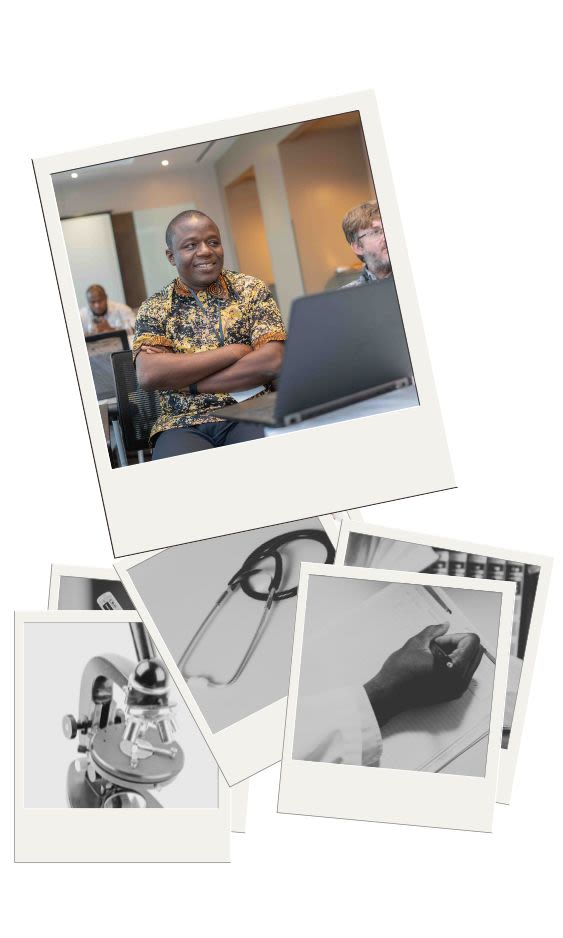


Improving human health - the enduring challenge

History has shown us, time and again, that the best way to achieve better human health is through medical research.
Over the past 100 years, we have witnessed monumental advances in medical research. We know that by investing in medical research now, we will see life-saving advances in the future.
While the last century has brought huge improvements in the quality and longevity of life, there are still many health conditions which impose a heavy burden on millions of people, in the UK and around the world. And in many areas of health there is a severe lack of research funding, which is holding back the scientific progress needed to change lives.
This is where we step in.
In the last five years alone, we have invested £25 million into life-changing medical research, focusing on areas that have historically been underfunded.
But there is still much more to do.
Looking ahead, we know that nine million people in England alone will be living with a major illness by 2040 – that’s 2.5 million more than in 2019, an increase of 37%.
While a small number of major illnesses will remain at the very top of the research funding agenda, there are many health conditions which won’t get the attention they deserve. Millions of people, who desperately need better solutions for their health challenges, will continue to fall through the cracks.
We will use our unique position, as a broad funder of medical research, to respond to these challenges and fund research in ways that will have the biggest possible impact on people’s lives.
Put simply, our purpose is to improve health and change lives through research

History has shown us, time and again, that the best way to achieve better human health is through medical research.
Over the past 100 years, we have witnessed monumental advances in medical research. We know that by investing in medical research now, we will see life-saving advances in the future.
While the last century has brought huge improvements in the quality and longevity of life, there are still many health conditions which impose a heavy burden on millions of people, in the UK and around the world. And in many areas of health there is a severe lack of research funding, which is holding back the scientific progress needed to change lives.
This is where we step in.
In the last five years alone, we have invested £25 million into life-changing medical research, focusing on areas that have historically been underfunded.
But there is still much more to do.
Looking ahead, we know that nine million people in England alone will be living with a major illness by 2040 – that’s 2.5 million more than in 2019, an increase of 37%.
While a small number of major illnesses will remain at the very top of the research funding agenda, there are many health conditions which won’t get the attention they deserve. Millions of people, who desperately need better solutions for their health challenges, will continue to fall through the cracks.
We will use our unique position, as a broad funder of medical research, to respond to these challenges.
Put simply, our purpose is to improve health and change lives through research
Our strategic research themes

Throughout the next five years, we will continue to take a targeted approach, funding research that aligns with one or more of our strategic research themes:

There are too many health conditions which continue to devastate lives. As a broad funder of medical research, we will identify and fund in areas that are overlooked by other funders.
There are too many health conditions which continue to devastate lives. As a broad funder of medical research, we will identify and fund in areas that are overlooked by other funders.

The health problems of the future will be solved by the researchers we invest in today. We will award funding to keep the brightest minds in science, for the benefit of us all.
The health problems of the future will be solved by the researchers we invest in today. We will award funding to keep the brightest minds in science, for the benefit of us all.

Few funding opportunities exist for scientists to ensure that policymakers and practitioners are aware of their research. By funding in this way, we will ensure healthcare policy and practice is based on the latest evidence.
Few funding opportunities exist for scientists to ensure that policymakers and practitioners are aware of their research. By funding in this way, we will ensure healthcare policy and practice is based on the latest evidence.
Our strategic aims

Throughout the next five years...




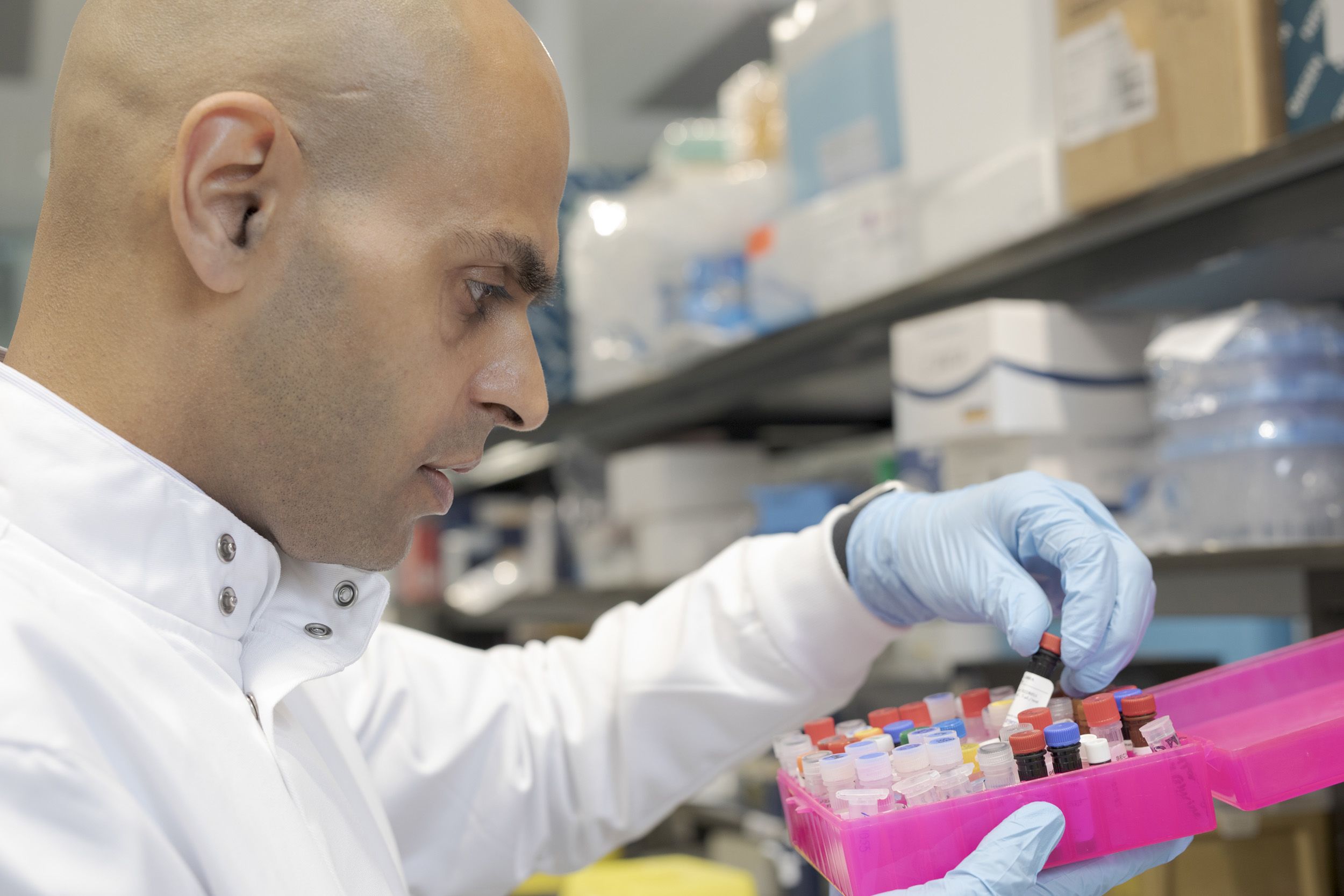
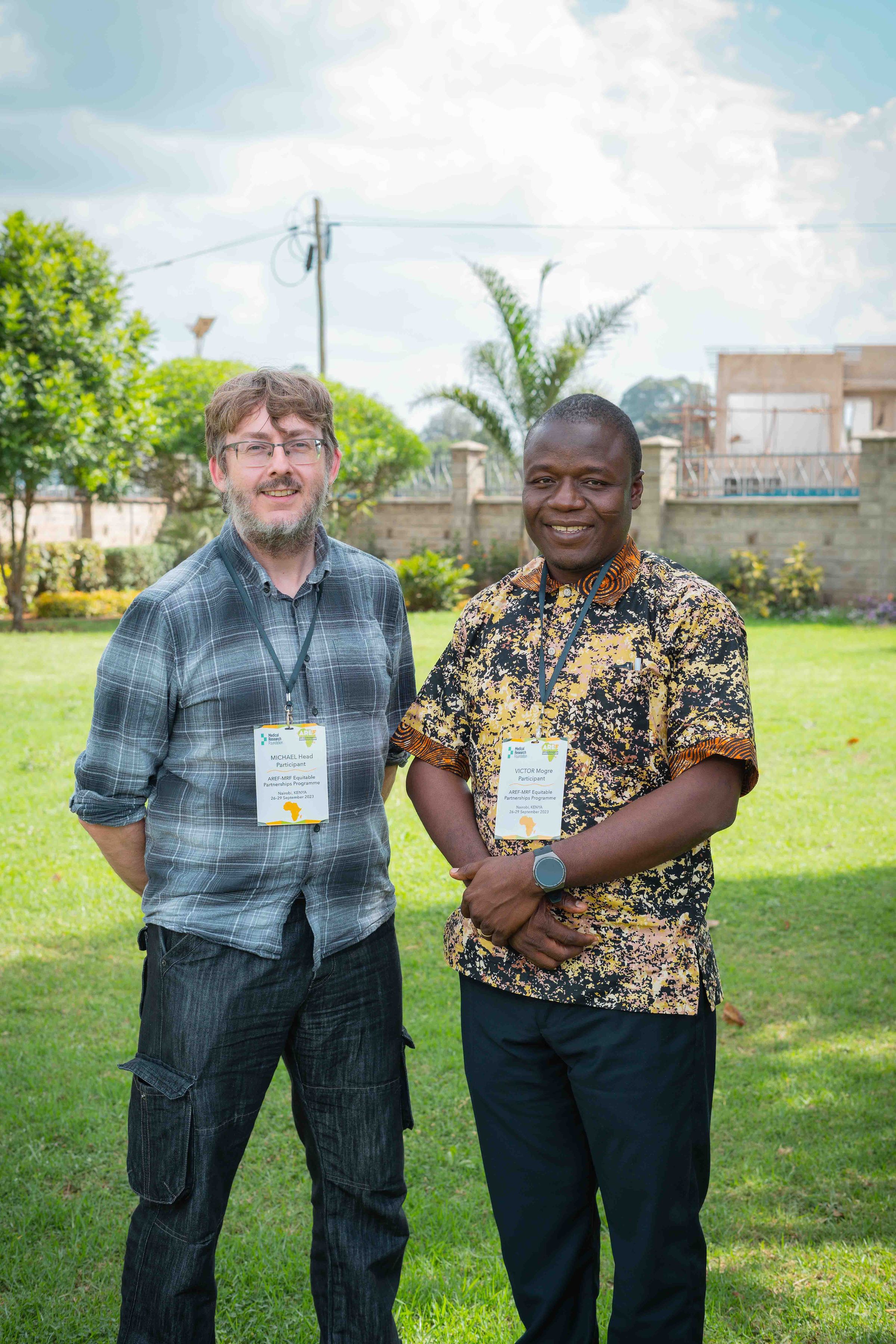

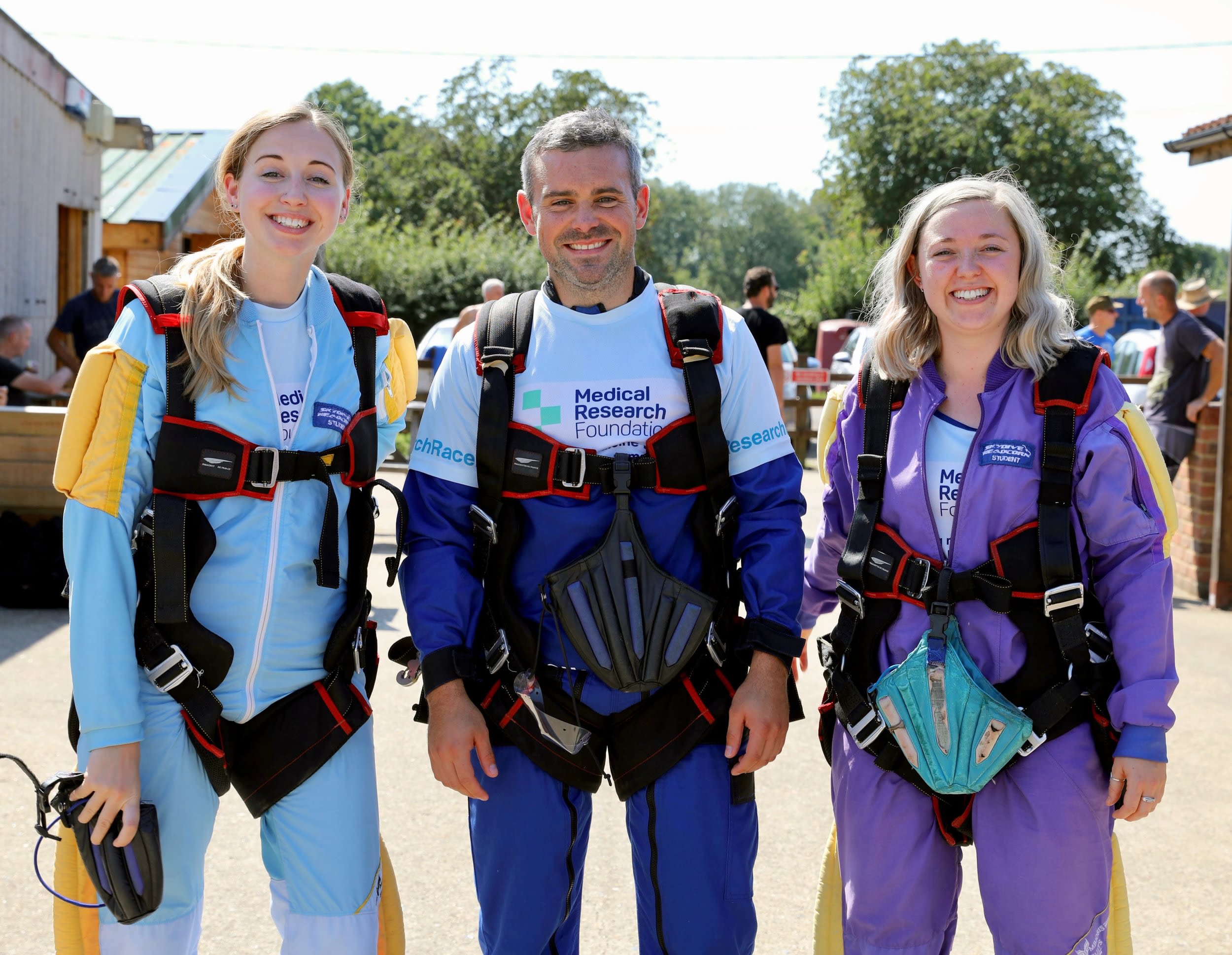
We will: Invest in life-changing research

With a continued focus on overlooked and underfunded health conditions, we have identified four key areas where the Foundation is best placed to make a real difference to people’s lives. Through medical research, we will:
- Improve the lives of children and young people.
- Address neglected areas of mental health.
- Tackle the health impacts of climate change.
- Respond to emerging health threats and research opportunities.
We will: Broaden our impact on health, by supporting others

The world is changing rapidly, but many health challenges remain the same. Some have proven difficult to overcome, while others have simply never had the concerted attention they need for advances in diagnostics and treatments to be made. Meanwhile, new health challenges are sure to emerge, and these can become urgent very quickly.
To generate the solutions that will improve people’s lives, we will become an even more agile and innovative funder, while supporting others to fund excellent, impactful research.
We will: Secure our future, for the generations to come

We are determined to continue finding and funding the best medical research and researchers long into the future. Becoming a more sustainable organisation is essential to our mission: of giving hope to our generation, to our children’s generation, and to the generations to come.
To fulfil our ambitious research funding plans, it is vital that we achieve transformational growth in fundraising income. Throughout the next five years, we will reach and engage more people with our work; raise income through Trusts and Foundations, and new corporate partnerships; and continue to promote gifts in Wills. In 2024/25 we will launch our first large-scale individual-giving campaign.
We will: Make every donation go further

Medical research is very expensive – but it can change the world. It’s the long-term solution to improved health for all, but it takes concerted effort over many years.
To fund the best research, with the greatest chance of having an impact on health, we must operate to the highest professional standards and expect the same from those we work with – whether that is the research leaders of the future or the firms and individuals that provide us with professional services. We will improve the cost effectiveness of our support functions and take advantage of existing and new technology to increase our efficiency.

Research priorities
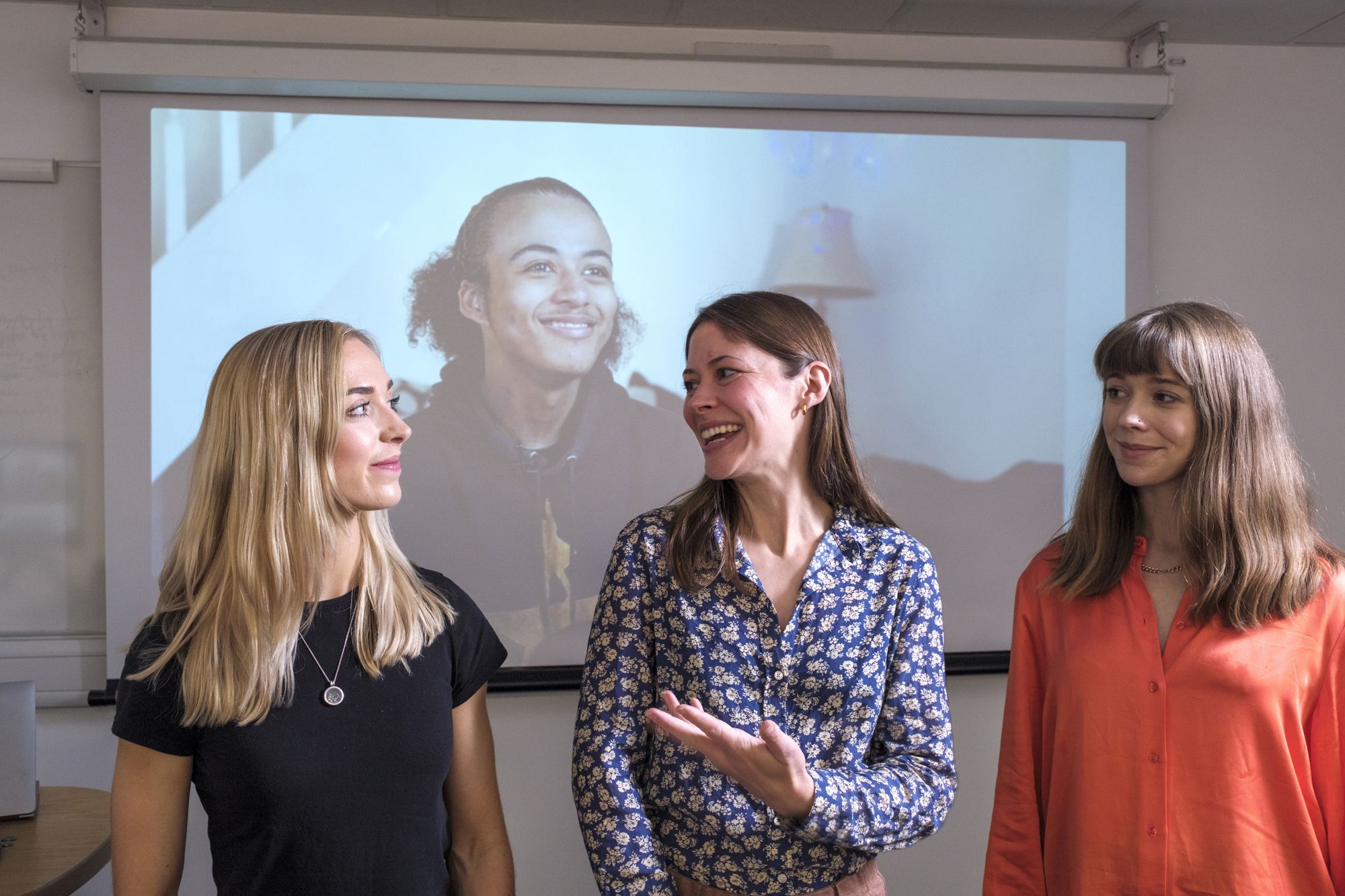



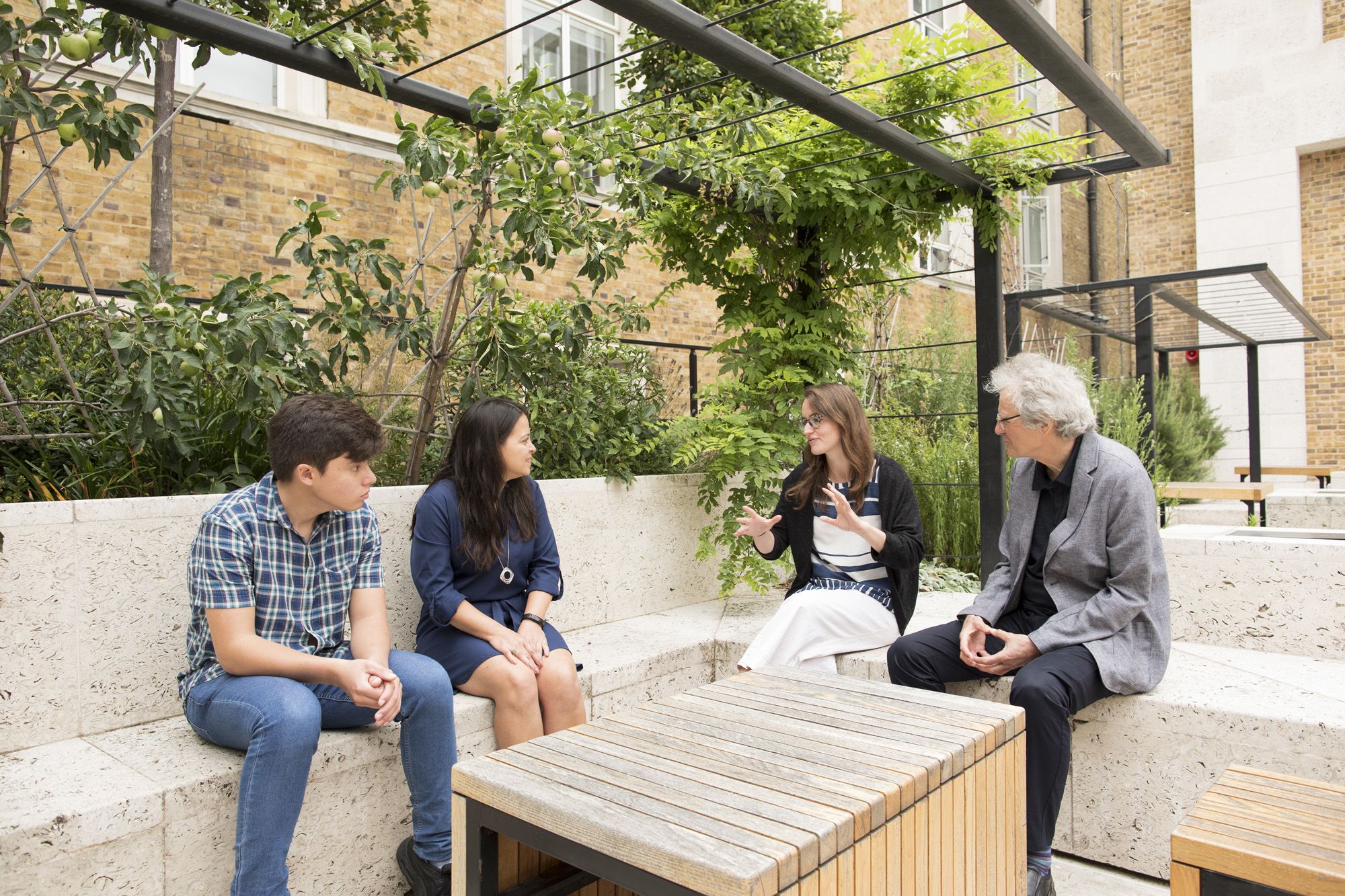

Improving the lives of children and young people
The challenge
Medical research in children and young people has historically been repurposed from studies done in adults, meaning the findings are often generalised to them. However, their health is significantly different to that of adults.
Research into the health of children and young people has not progressed at the same speed as that on adults, and the impact of this is being felt by children now, whose conditions are poorly understood and poorly treated. Progress in this area is much needed.
Our response
We have already invested significantly in this area, for example through partnerships with Versus Arthritis in musculoskeletal pain and with UK Research and Innovation in chronic pain.
We have also funded new research into child cancer pain, as well as projects tackling skin disorders in adolescents and eye disorders in children, both of which can carry a lifelong burden, but where little research progress has been made.
We will continue to prioritise the health of children and young people in our research funding, so that they can lead healthier, happier lives. Our funding will focus on previously neglected areas, as well as on conditions where children are disproportionately affected.
For more detail and case studies on this research priority, download our full strategy publication.

Addressing neglected areas of mental health
The challenge
Mental health disorders account for at least 21% of the UK disease burden, although this figure is likely to be much higher, due to reluctance to seek medical help for these conditions. In recent years, only 6% of the UK’s health research budget was spent on mental health.
Clearly the level of mental health research funding in the UK is still not meeting the scale or impact of mental illness within the population, meaning people are not getting the support they need.
The reasons why people experience mental health disorders are often complex and, despite their prevalence, still not well understood. Some examples include:
- Eating disorders, which affect around 1.25 million people in the UK.
- Self-harm, with rates increasing in the UK over the past decade, particularly in young people.
- Suicide, which has risen steeply among young men in the last five years, yet this area receives a disproportionately small amount – less than 1% – of mental health research funding.
- Neurodevelopmental conditions with mental health co-morbidity, such as attention-deficit hyperactivity disorder (ADHD), rates of which are increasing steeply within the UK, with estimates suggesting it affects 5% of children and 3-4% of adults.
- Other severe mental health conditions, such as Tourette’s syndrome, obsessive-compulsive disorder, borderline personality disorder, and trauma-related mental health.
Our response
Lots of mental health conditions remain neglected. As areas of need are identified – like the ones outlined above – we will use our agility to fund research in these areas.
We will support the brightest and best researchers who are striving to understand why these conditions develop in the first place, and what can be done to better prevent, diagnose and treat them.
For more detail and case studies on this research priority, download our full strategy publication.

Tackling the health impacts of climate change
The challenge
Climate change is a severe and continually growing threat to human health globally. We will all be affected, but children, the elderly, and people with pre-existing medical conditions, are most vulnerable. The health impacts of climate change will not affect everyone equally and will worsen already existing health inequalities.
Climate change will impact on health through heat-related illnesses, physical or mental harm from extreme weather, and food and water insecurity. Changes to temperature, rainfall and humidity will influence the transmission of vector-borne diseases like malaria and these diseases will occur in countries that have not been exposed in the past, such as the UK.
It remains difficult to accurately estimate the scale and range of this, or the measures that could be put in place to control or eliminate these impacts. That’s why research in this area is so vital.
Our response
Countries in sub-Saharan Africa are among those most vulnerable to the impacts of climate change. So far, we have invested £2.7 million in partnerships between researchers in sub-Saharan Africa and the UK, prioritising projects that have a clear pathway to action.
Other research funders are also investing at scale in this area.
We will fill a gap in the funding landscape by giving emerging research leaders the early funding they need to win these larger grants, so that they can continue making much-needed advances for people affected by climate change.
We will continue to invest in partnerships in Africa in addition to a new focus on the impacts of climate change on health in the UK. Poor air quality, leading to respiratory and cardiovascular ill health; increased heat-related illness and vector-borne infectious disease; and poor mental health are likely to impact the UK, and research in these areas will benefit from our investment.
For more detail and case studies on this research priority, download our full strategy publication.

Responding to emerging health threats and research opportunities
The challenge
Our experience of COVID-19 shows how suddenly new health challenges can appear, and how we rely on medical research to protect and save lives.
Despite the emergence of a pandemic disease being predicted by the World Health Organisation (disease X was placed on their blueprint of priority diseases in 2018, representing an as-yet unknown pathogen), the speed and range of spread of COVID-19 was unexpected. The worldwide impact ensured a rapid pace of scientific discovery around the virus causing COVID-19 and its control. The likelihood of a future ‘disease X’ or pandemic remains high.
Artificial intelligence and personalised medicine offer a route to new diagnostics and treatments, precisely targeted for individual diseases and people. These emerging technologies hold great promise for the future of human health, but we need to support the pioneering researchers who are developing them.
Our response
We are an agile funder and have always been able to respond to the needs of our times. There is no doubt new health challenges and opportunities will arise in the future, and we will remain responsive to these.
In 2021, our Emerging Leader’s Prize celebrated researchers who had made wide-ranging impacts during the COVID-19 pandemic, pivoting their research towards examining viral effects on the body, its diagnosis and its spread.
We will continue to use our broad remit to respond to emerging threats in the future.
When new health threats appear, some of those disproportionately impacted are the most vulnerable people in society, such as children, women and ethnic minorities. We will continue to fund work which puts research into practice for disadvantaged groups.
Along with threats come opportunities, and where we see that our investment will make a big impact on health – for example in new diagnostics, treatments, or even ways of conducting research – we will invest funding to secure that impact.
For more detail and case studies on this research priority, download our full strategy publication.
By 2029, together we will…
- Invest at least £25 million in life-changing research, making around £5 million available each year.
- Support research leaders of the future, through fellowships, research grants, and prizes.
- Fund the full spectrum of medical research, from laboratory science to diagnostics and treatments.
- Fund the translation of research findings into healthcare policy and practice.
- Identify areas where we can improve the skills of our funded researchers.
- Monitor and evaluate the impact that our funded researchers are making, to ensure that our supporters are getting the best value for their donations.
- Track the careers of our emerging leaders, to demonstrate the impact of our funding.
Foundation-stones

To deliver on this ambitious strategy, we need to have solid foundations in place.
These ‘foundation-stones’ – Our people; Our partnerships; Our professional standards; and Our commitment to planetary health – support everything we do:
- Our people – We know we need to work with the very best people, from as diverse backgrounds as possible, to represent different experiences and bring diversity of thought to all that we do. We are committed to working towards full equality of opportunity and embedding inclusion throughout our work.
- Our partnerships – There is much to do to improve human health, and there are many charities who share a similar vision. Solutions to the health challenges of today and tomorrow cannot come from us alone or be generated in silos. To have the greatest possible impact, we will continue to seek out and nurture strong and supportive partnerships with other research funders.
- Our professional standards – We recognise the importance of maintaining not only our own reputation but that of our founder, the MRC. That is why we operate to the highest standards throughout our work, ensuring we can fulfil our charitable objectives to the very best of our ability. We will continue to fund research to the highest possible standards.
- Our commitment to planetary health – As a charity whose very mission is to improve human health, we cannot sit back and watch as the planet’s health declines, and we cannot make matters worse by our own actions. We have already taken steps to reduce our greenhouse gas emissions and increase the environmental sustainability of our work. We will now escalate the pace and impact of our actions, aiming to reach Net Zero in our own activities as soon as possible, while influencing the activities of others we work with.






Thanks to our supporters, the research we’ve funded over the years has changed lives. But to improve health for everyone, much more research needs to be done.
There are many health conditions which don't get the attention they deserve. This amounts to millions of people – in desperate need of better solutions for their health challenges – who will continue to fall through the cracks.

Medical research can provide the solutions. Act now and you can make a difference to people’s lives, both now and long into the future.
There are many ways you can get involved - like signing up to our supporter e-newsletter, making a donation, hosting a research bake-off, or taking on a challenge event. From volunteering to fundraising or pledging a gift in your Will, we can all support the research that will improve health for everyone. Join our community and start making a difference today.
Your support can make life-changing medical research happen.

Find out more by downloading the full strategy publications on our website

